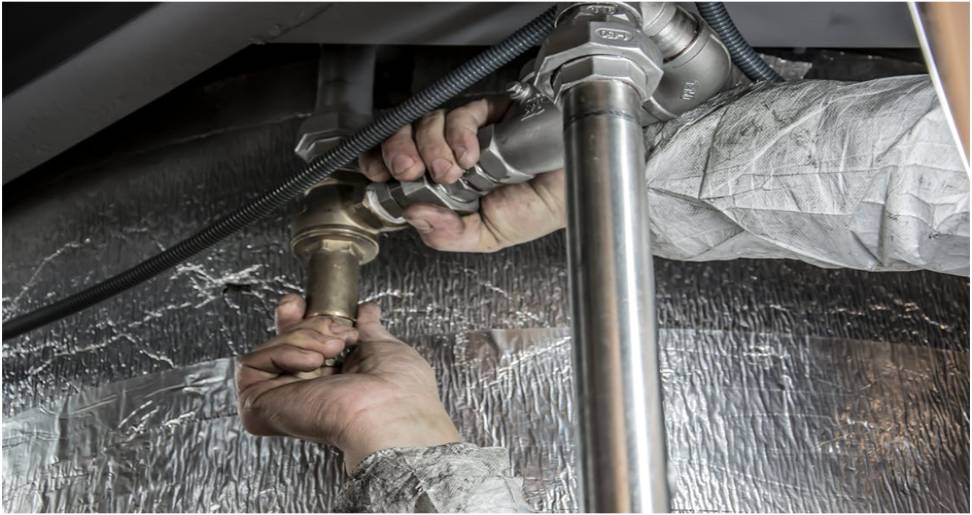In today’s increasingly conscious society, the focus on environmental sustainability is paramount. Two critical areas where this focus converges are residential water filtration systems and commercial HVAC (Heating, Ventilation, and Air Conditioning) systems. Both play pivotal roles in improving indoor environmental quality, promoting health, and reducing environmental impact. Let’s explore how these systems intersect and contribute to a healthier, more sustainable future.
Importance of Residential Water Filtration Systems
Access to clean, safe drinking water is a fundamental necessity for every household. Unfortunately, tap water can contain various contaminants such as lead, chlorine, pesticides, and bacteria. A residential water filtration system plumbing addresses these concerns by effectively removing impurities and ensuring that the water flowing from taps is safe for consumption.
Types of Residential Water Filtration Systems
There are several types of residential water filtration systems available, including:
- Reverse Osmosis Systems: These systems use a semi-permeable membrane to remove contaminants from water.
- Activated Carbon Filters: These filters absorb impurities and improve the taste and odor of water.
- UV Filters: UV light is used to kill bacteria and other microorganisms in water.
Impact on Plumbing Systems
Installing a residential water filtration system involves integrating it with the existing plumbing infrastructure. Proper installation ensures efficient water flow and minimal maintenance requirements. Plumbing professionals play a crucial role in recommending, installing, and maintaining these systems to ensure optimal performance and longevity.
Role of Commercial HVAC Systems
Commercial HVAC systems are essential for maintaining indoor air quality, temperature regulation, and comfort in large buildings such as offices, malls, and hospitals. These systems also significantly impact energy consumption and operational costs.
Benefits of Modern HVAC Systems
Modern commercial hvac systems are designed with energy efficiency in mind, utilizing advanced technologies such as variable refrigerant flow (VRF) and high-efficiency filters. These systems not only reduce energy consumption but also enhance indoor air quality by filtering out pollutants and allergens.
Integration with Building Infrastructure
The installation and maintenance of commercial HVAC systems require coordination with various building systems, including plumbing. Proper integration ensures that HVAC units operate efficiently without compromising the plumbing infrastructure.
Sustainable Practices: Bridging Residential and Commercial Needs
Both residential water filtration systems and commercial HVAC systems adhere to principles of sustainability by:
- Energy Efficiency: Minimizing energy consumption through advanced technologies.
- Resource Conservation: Optimizing water usage and reducing environmental impact.
- Health and Safety: Enhancing indoor environmental quality to promote occupant well-being.
Professional Expertise and Collaboration
Achieving sustainability goals requires collaboration between HVAC technicians, plumbers, and environmental engineers. Professionals work together to design and implement solutions that meet both residential and commercial needs while minimizing environmental impact.
Conclusion: Towards a Greener Future
The convergence of residential water filtration systems and commercial HVAC systems underscores a broader commitment to environmental stewardship and sustainable living. By investing in these technologies, homeowners and business owners alike contribute to cleaner air, safer water, and a healthier indoor environment. Embracing advancements in plumbing and HVAC technologies not only improves quality of life but also supports global efforts towards sustainability.
In conclusion, whether upgrading a home’s water filtration system or optimizing a commercial HVAC setup, every step towards sustainability matters. By integrating these systems thoughtfully and leveraging professional expertise, individuals and businesses can make significant strides in environmental responsibility. Together, we pave the way towards a greener future for generations to come.
Also Read:-


